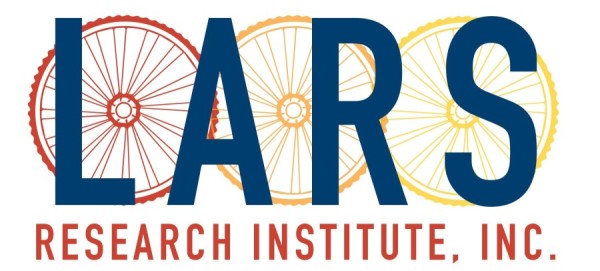Technology Applications
LARS is actively engaged in the development, implementation, and evaluation of internet-based education programs (IEPs). We have developing several cognitive-behavioral programs to reduce health care costs (utilization parameters) and also increase chronic illness disease management through improved knowledge, awareness, and self-efficacy. These programs utilize self-management strategies to improve disease awareness, impart information regarding treatment and prevention, and build skills that will improve health literacy and improve patient-provider communication.
In the past, we have worked closely with our clients to develop:
- Alcohol education programs for elderly caretakers
- Programs to improve care of children with autism spectrum disorders
- Educational initiatives for hearing impaired elderly that have cochlear implants
- Prevention programs targeting e-cigarette “vape” use among youth (delivered through CBOs)
- Raising awareness of children’s dental hygiene targeting primarily African-American communities
- Lupus awareness among community-based health educators serving Hispanic communities
- Optimal disease management for youth living with pediatric rheumatic disorders
- Drug prevention strategies for youth (and parents) delivered using CD-ROM and Internet-based.
These psychoeducational “e-health” programs use either the Internet or smartphone mobile applications that offer engaging interactive multimedia interventions to promote health and better self-care strategies. We work closely with our clients to obtain extramural funding through the Small Business Innovative Research Grant (SBIR) mechanism (Phase I and Phase II) obtained competitively through the National Institutes of Health (NIH).
HOW LARS ASSISTS THEIR CLIENTS:
Our work focuses primarily on the design aspects of the study and we also participate in intervention development. Our staff:
- Provide solutions for automated algorithms and computerized randomization schemes
- Develop protocols for subject recruitment, compensation, and retention
- Develop intervention strategies and training materials
- Conduct program evaluation (psychometric and statistical analysis)
- Engage in dissemination (peer-review publications)
- Issue final reports to the funding agency
